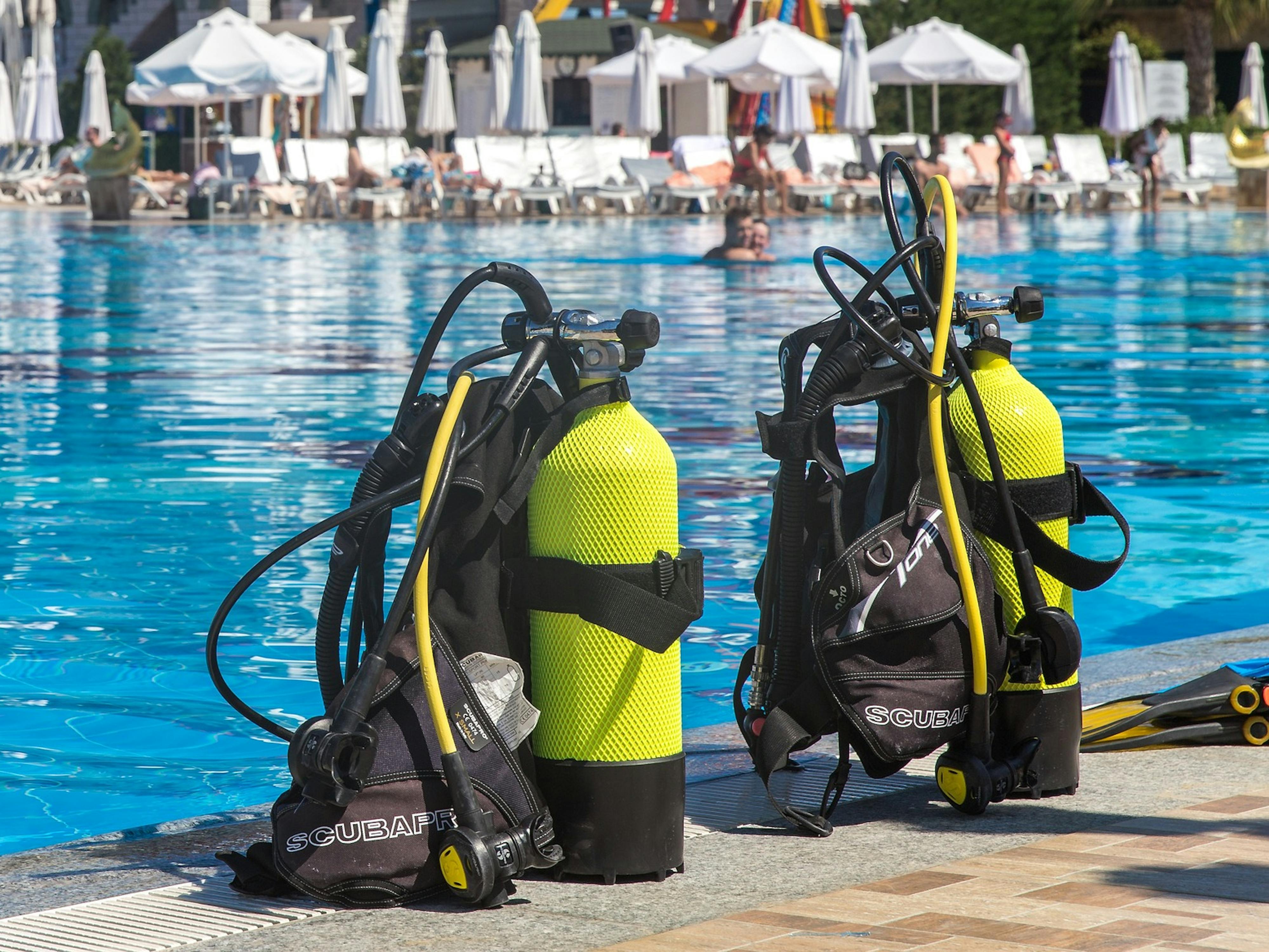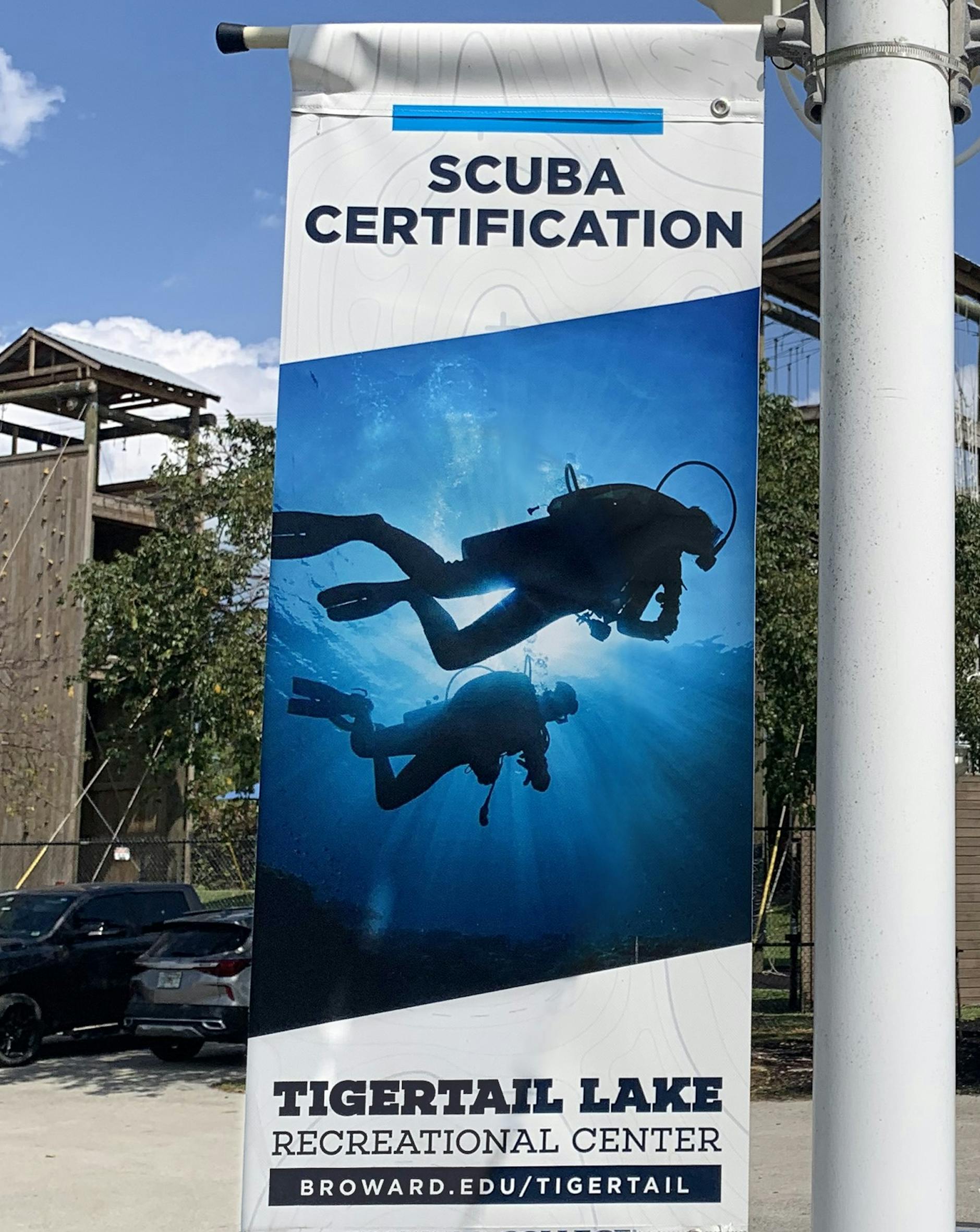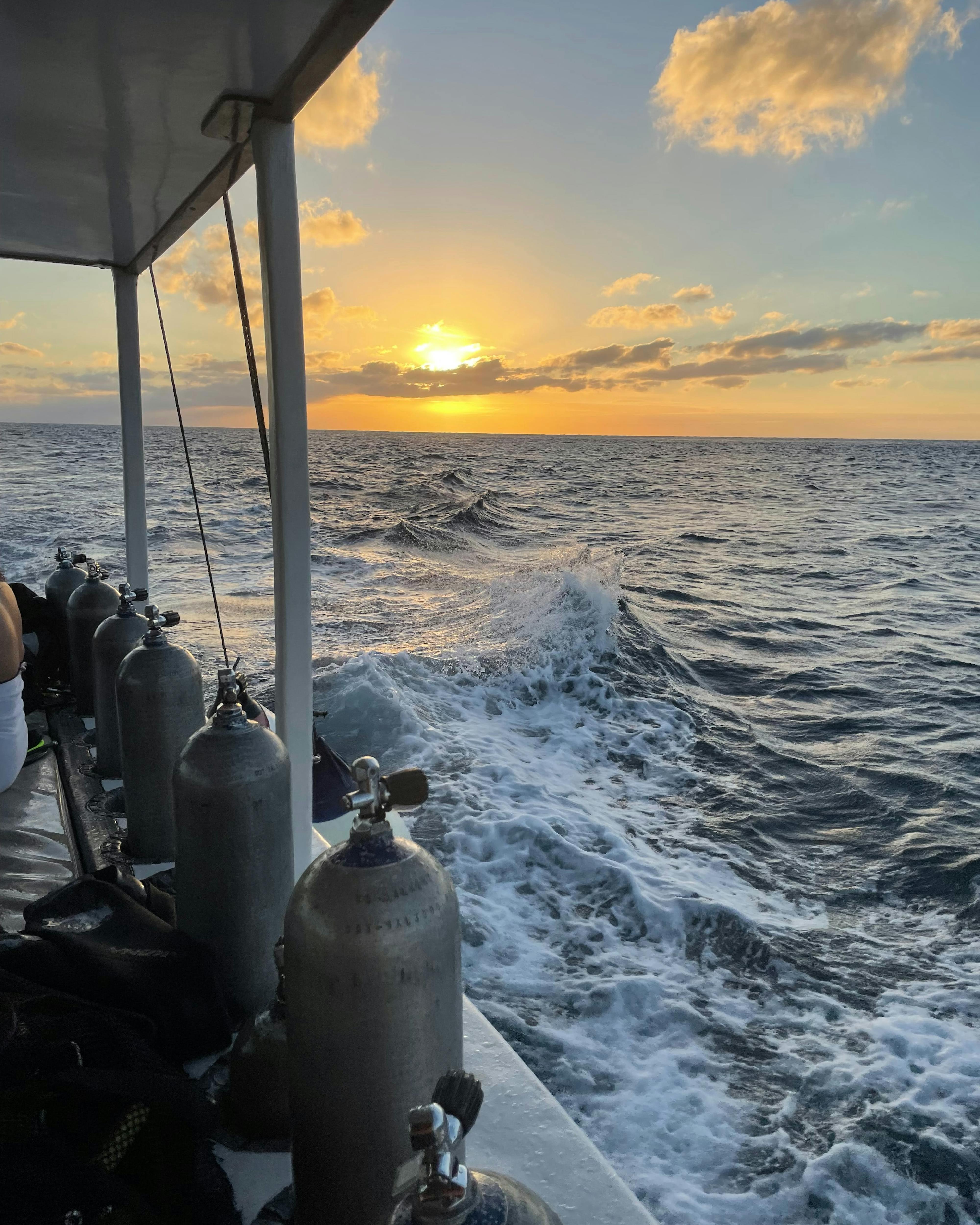Free Shipping on orders of $49+ | Signup for Direct Rewards
Free Shipping on orders of $49+ | Free Store Pickup | Signup for Direct Rewards
Free Shipping on orders of $49+ | Signup for Direct Rewards
Free Shipping on orders of $49+ | Free Store Pickup | Signup for Direct Rewards

Have you ever dreamed of exploring the underwater world? Scuba diving opens the door to breathtaking adventures and unforgettable encounters with marine life, and it all begins with becoming an Open Water Certified diver. Whether you’re curious about trying something new or looking to turn your love for the ocean into a lifelong passion, getting certified is your first step into a whole new world.
Hi, I’m Carlos, a content creator at Divers Direct. As someone interested in diving, I decided to take on the challenge and earn my Open Water Certification. I completed the course through Divers Direct’s Fort Lauderdale location, and I’m here to share my experience. If you’ve ever been on the fence about diving, I hope my journey gives you the insight and the nudge you need to take the plunge.
The process kicked off when I purchased the SSI Open Water Diver eLearning kit at Divers Direct. After registering, the staff connected me with a certified instructor—Michael Hallman, a retired USCG Naval Engineer and Rescue Swimmer whose passion for diving is contagious. I completed the online course at my own pace, without any time pressure. Once I was ready, I reached out to Michael to schedule the in-water sessions. He explained we’d complete everything in one weekend: pool training on Friday, a lake dive on Saturday, and ocean dives on Sunday.
I was excited, a little nervous, and totally ready to learn.


Our first session took place in a pool, where I got hands-on with my scuba gear for the first time. Michael patiently walked me through how to set up and check my BCD, tank, regulator, and pressure gauge. Then came the big moment, my first breath underwater. No mask, no fins, just a regulator in my mouth. I was surprised by how natural it felt.
Of course, there were challenges. It took some time to get used to the sensation of breathing underwater. One of the trickier exercises was removing and clearing my mask while submerged. When I took it off, my instinct was to hold my breath. But I remembered a key lesson from the eLearning: stay calm and keep breathing. We practiced buoyancy control, buddy checks, emergency procedures, and more. The pool was a great place to learn the basics, but I was eager to test my skills in open water.
Saturday took us to Tigertail Lake, not far from Divers Direct. This was my first true open-water experience, and I was pumped. I had already memorized how to set up my gear and felt much more confident than the day before.
We entered the water with a giant stride and began our descent—but not without a small hiccup. I felt pressure in my ears. Luckily, I remembered the equalization techniques from my training. A quick swallow, and the discomfort faded. Throughout the dive, we worked on buoyancy control, performed tired diver tows, and even navigated underwater. I also experienced my first thermocline—a sudden shift in water temperature that took me by surprise!
When the fun was over, my instructor helped me log my very first open-water dive.


On Sunday morning, before the sun came up, I met my instructor at the docks in Pompano Beach for the final stage of training, ocean diving. We joined other divers aboard a charter boat heading out to two dive sites. As we waited to depart, I completed my 50-question exit exam. If you're worried about testing, don’t be; the online course thoroughly prepares you.
Our first dive site was the sunken U.S. Army tugboat Okinawa, a wreck now teeming with coral and marine life. As we descended, the current picked up, adding a layer of challenge to the dive. But the visibility was great, and the sight of the wreck was absolutely stunning.
The second dive, a peaceful drift along Abbey Too Reef, gave us a totally different experience. We floated effortlessly with the current and spotted a goliath grouper, lionfish, lobsters, and schools of vibrant fish.
By the end of the day, I had officially completed my Open Water Certification and already booked my next dive trip.
Becoming an Open Water Certified diver has been one of the most exciting things I’ve ever done. It pushed me out of my comfort zone, introduced me to a welcoming community, and gave me access to a whole new world beneath the surface. If you’re even slightly curious about scuba diving, I highly encourage you to try it. The process is approachable, the instructors are supportive, and the rewards are truly unforgettable.
Dive in—you won’t regret it.
Written by: Carlos Daza
What is Open Water Certification?
Open Water Certification is the entry-level scuba diving certification that allows you to dive independently (with a buddy) to a depth of 60 feet/18 meters. It’s recognized worldwide and offered through training agencies like PADI and SSI.
How long does it take to get certified?
It typically takes 2–4 days of in-water training, plus time to complete the online eLearning portion at your own pace. Some people finish in a weekend, while others spread it out over a couple of weeks.
Do I need to be a strong swimmer?
You don’t need to be an Olympic swimmer, but you should be comfortable in the water. You’ll need to complete a swim test (usually 200 yards/meters) and float/tread water for 10 minutes.
Is scuba diving safe for beginners?
Yes, as long as you follow proper training and safety procedures. Certified instructors will teach you everything you need to know to dive safely and confidently.
What gear do I need to start?
Most dive shops provide the main gear for training (like tanks, BCDs, and regulators). You will need to bring or purchase your own mask, snorkel, fins, and wetsuit for a proper fit.
How long does my certification last?
Your certification doesn’t expire, but if you haven’t been diving in a while (usually 6–12 months), it’s a good idea to do a refresher course before your next dive.
What’s next after Open Water Certification?
Once you’re certified, you can dive for fun or continue your diving education with courses like Advanced Open Water, Rescue Diver, or specialty courses like Night Diving or Underwater Navigation.